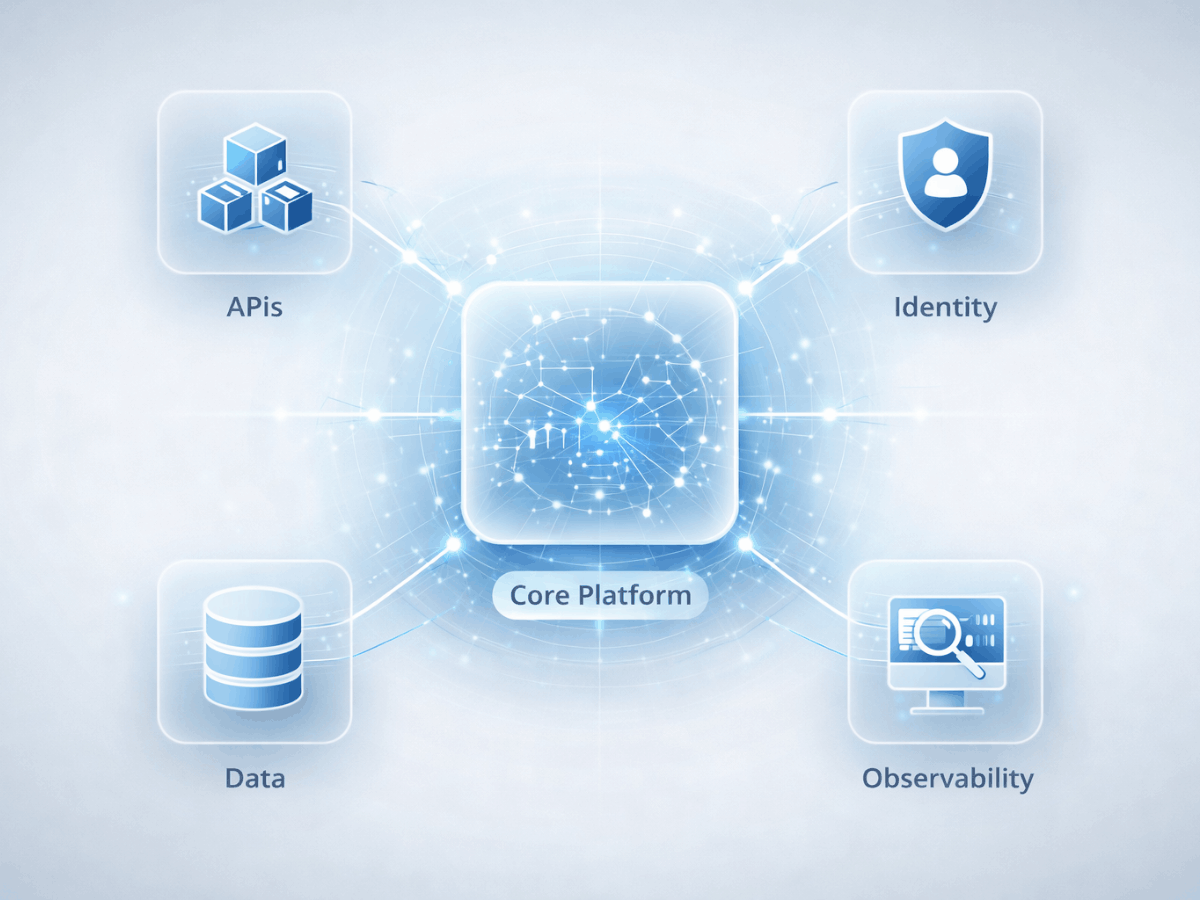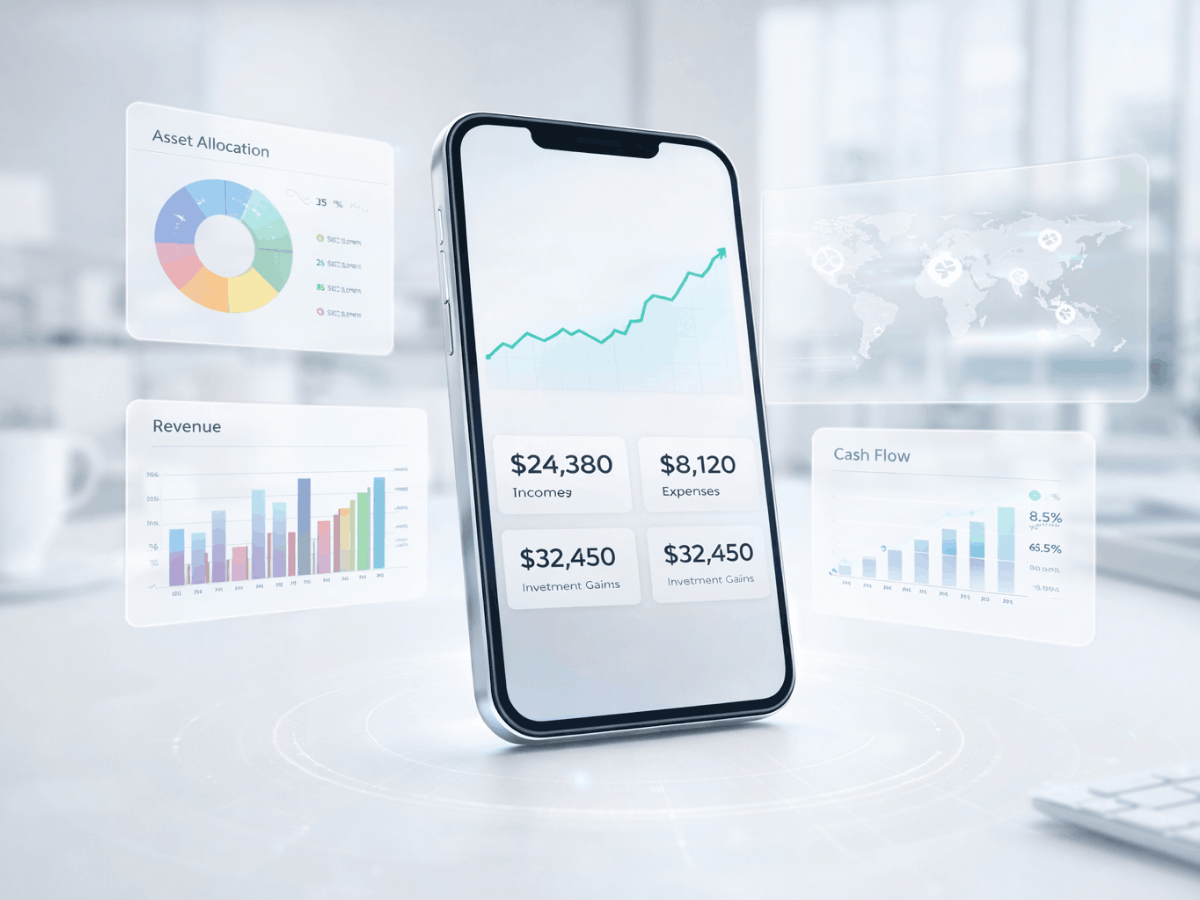Best AI Tools for Reputation Management to Protect Your Brand


Think of the last time a negative review about a big brand went viral—within minutes, it was everywhere. In today’s fast-paced digital world, 79% of consumers trust online reviews as much as personal recommendations, and unanswered complaints can spread like wildfire. Manually scanning social media and forums won’t cut it.
The best AI tools for reputation management deliver real-time listening, automated sentiment analysis, and instant crisis alerts—so you can tackle issues before they snowball.
In this guide, we’ll break down our top five picks to help you protect your brand and stay ahead of every mention.
How AI Powers Reputation Management
Before diving in, we reviewed dozens of platforms against core criteria and narrowed the field to five tools that excel in the essentials:
Real-Time Monitoring: Leading online reputation management tools scan social media platforms, blogs, forums, and review platforms the moment a brand mention appears. By instantly tracking brand mentions and customer feedback, you can engage potential customers before negative sentiment spreads—boosting your company’s online reputation and overall brand visibility.
Scalable Sentiment Analysis: Manually sorting through hundreds of reviews is impossible. AI-powered sentiment analysis processes thousands of customer comments and positive reviews across multiple sites in seconds, flagging positive, neutral, or negative feedback. This automated review collection and review management delivers actionable insights into customer emotions and satisfaction without overwhelming your team.
Cross-Channel Reach: Your audience doesn’t stick to one platform. The best reputation management software aggregates review volume and review responses from Google Business listings, social media platforms, and other review sites into a single dashboard. Whether you’re managing reviews for a multi-location business or a local storefront, you’ll ensure consistent monitoring and seamless review generation across multiple platforms.
Practical Reporting: aw data alone isn’t enough. Top reputation management services transform detailed analytics into clear, shareable reports—so marketing professionals can pinpoint issues, track trends in customer sentiment, and optimize local SEO strategies without wading through spreadsheets. These reports empower you to make data-driven decisions that strengthen your positive online reputation and improve search engine rankings.
For a deeper dive into proven strategies that go beyond tools—especially if you're building or repairing your personal brand—check out these best practices for personal reputation management online. It’s a helpful resource for anyone serious about shaping how they appear across search engines and social platforms.
Our Top 5 AI Tools for Reputation Management
1. Brand24

Brand24 delivers instant alerts for brand mentions across social media, blogs, and forums. Its influencer scoring and basic crisis flags help you spot spikes in real time.
Top 3 Features:
- Sentiment Analysis: Automatically classifies mentions as positive, neutral, or negative.
- Competitor Monitoring: Tracks rival brands’ mentions alongside your own.
- API Access: Push raw data into custom dashboards or in-house tools.
What sets it apart: Fast influencer scoring that highlights which voices drive the conversation.
Best for: Small to mid-size teams needing a plug-and-play monitoring solution.
2. Mention

Mention scans over a million sources for custom keywords and offers shared workspaces for team collaboration. Its simple dashboards make multi-brand tracking easy.
Top 3 Features:
- Boolean Search: Use AND/OR/NOT operators to refine queries precisely.
- Influencer Identification: Ranks key individuals who shape your brand’s narrative.
- Real-Time Notifications: Sends instant alerts via Slack, email, or mobile.
What sets it apart: Shared, agency-friendly workspaces that keep clients and teams on the same page.
Best for: Agencies and marketing teams monitoring multiple brands.
3. Brandwatch

Brandwatch combines deep sentiment analysis, trend forecasting, and image recognition to surface nuanced insights. Its robust data models power enterprise-grade reporting.
Top 3 Features:
- Demographic Insights: Breaks down mentions by age, location, and interests.
- Crisis Detection Alerts: Notifies you of sudden surges in negative sentiment.
- API Integrations: Syncs data seamlessly with BI tools and analytics platforms.
What sets it apart: Enterprise-grade analytics with fully customizable dashboards.
Best for: Large organizations with complex data needs and advanced reporting requirements.
4. Talkwalker

Talkwalker offers AI-powered text and visual analytics, global coverage, and predictive alerts to spot issues before they escalate.
Top 3 Features:
- Share of Voice Metrics: Compares your visibility against competitors.
- Virality Maps: Visualizes how mentions spread across channels and regions.
- Mobile Listening App: Monitor alerts and mentions on the go.
What sets it apart: Predictive alerts that warn you about emerging trends before they go mainstream.
Best for: Brands seeking deep, cross-channel insights and proactive reputation management.
5. Sprinklr

Sprinklr unifies social listening, customer care, and crisis workflows in one platform. Its AI triage routes high-priority mentions instantly.
Top 3 Features:
- Integrated Publishing: Schedule and manage social posts alongside listening.
- ROI Analytics: Measure how your engagement efforts impact sentiment and conversions.
- Real-Time Translation: Automatically translate mentions across languages.
What sets it apart: End-to-end response workflows that link listening directly to action.
Best for: Large teams handling high volumes of mentions and requiring a unified social-care solution.
How to Pick Your Tool
Choosing the right AI-driven reputation management platform comes down to three key steps:
- Align features with your needs: Start by identifying what matters most to your business. Are you prioritizing real-time review monitoring, AI-driven sentiment analysis, or easy integration with your current tools? The best reputation management tools are built for businesses focused on enhancing customer experience, strengthening brand image, and driving local search performance.
- Run a focused free trial: Choose one or two platforms and test them across key channels—like Twitter, review sites, or Google Business—for a week. See how well each one catches social media mentions, handles review requests, and applies natural language processing to detect tone and customer sentiment. Look for platforms that help you collect reviews, spot new reviews, and surface positive feedback in real time..
- Verify integration and compatibility: Seamless connections with your CMS, CRM, and social media accounts are a must. Without tight integration, you risk missing customer engagement opportunities or losing sight of important feedback across multiple locations. Strong online reputation management software will support automated review requests and unify your marketing strategy for a more consistent brand perception and positive reputation.
As third-party cookies continue to lose relevance, brands are shifting toward first-party data and direct feedback channels like reviews and social media engagement. This guide to marketing without third-party cookies explains how reputation and trust now play a bigger role in full-funnel marketing—especially when your online presence directly influences buying decisions.
Future-Proof Your Brand’s Reputation
AI-powered reputation management tools eliminate manual monitoring so you can focus on strategy and customer trust. By choosing platforms that deliver real-time alerts, scalable sentiment analysis, and unified cross-channel insights, you’ll catch issues early and respond with confidence. Test your top picks on key channels, assess how accurately they surface mentions and sentiment, and refine your settings with targeted keywords and alert thresholds.
Not sure where to begin? This guide to 2023’s best online reputation management companies for individuals breaks down trusted providers who specialize in helping clients protect and grow their personal brand online—especially valuable if you're looking for full-service support instead of just software.








